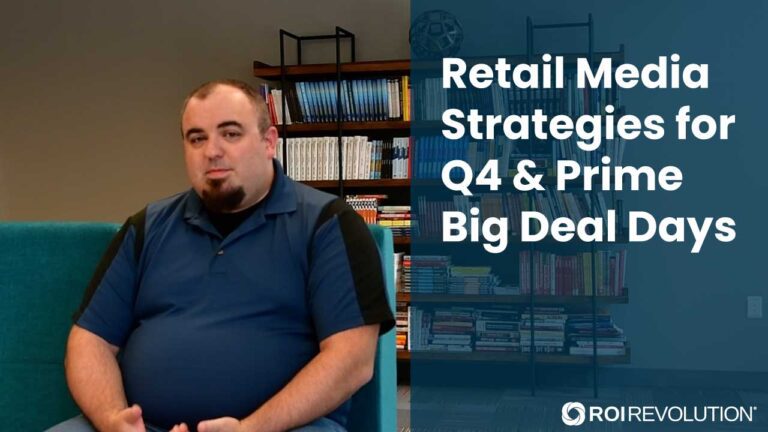Blog

Maxymiser Sunset: How to Choose a New A/B Testing Platform
April 3, 2024
Website experimentation is an integral part of digital marketing success. For many companies, Oracle Maxymiser was a critical component of A/B testing efforts. With the Maxymiser sunset on the horizon, many teams are left in a tight spot having to choose a new A/B testing platform. We went through this in 2023 with the sunset of Google Optimize. When your testing platform is deprecated or doesn’t have the testing capabilities you need to grow, you’re left with the daunting task



















